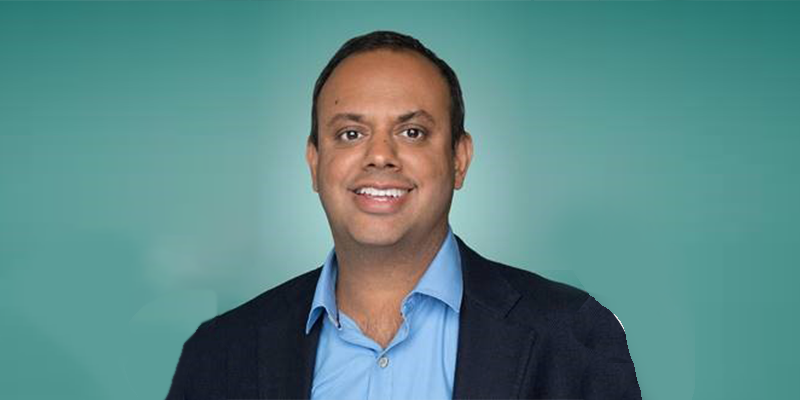Manik Gupta is the Co-founder of San-Francisco-based CVKey, a non-profit organisation that is building user-centred apps to support frontline health workers. Prior to this, he was the Chief Product Officer at Uber and also worked with tech giant Google for over seven years. A product manager by heart, he has also served as an advisor and investor to startups based in India and the US.
Manik graduated from the Nanyang Technological University, Singapore, and has an MBA in Analytical Finance and Strategic Marketing from the Indian School of Business (ISB).
In this episode of Prime Venture Partners Podcast, a series featuring the makers and doers of the startup ecosystem, Manik Gupta talks to Amit Somani, Managing Partner, Prime Ventures, about becoming the voice of the customer, building an exceptional team, and scaling a business.
Growing as a product manager
In the podcast, Manik shares some of the much-needed inflection points to grow as a product manager (PM). He says, “Over the years, I’ve had the opportunity and the privilege to work with very successful product managers who have been there, done that. I've had the opportunity to also hire a lot of people and groom them.”

Manik Gupta
The first point that he highlights is about being the voice of the customer and representing them to the best possible extent. He believes the best PMs are the ones who do the maximum amount of research, have talked to most number of customers, understand their customers really well, and have developed a solid perspective.
The second thing is a manager's ability to manage and run really large teams by means of influence.
“Working with engineering, design, and all kinds of cross-functional teams and sharing a certain kind of vision with which all these teams are aligned with is something exceptional product managers develop over the years,” he says.
The third point is to develop a general sense of curiosity about everything in the product cycle. Whether it’s about the team that is being managed, customer problems, approaches, or competition, it all comes down to being very curious for a successful product manager, notes Manik.
Overall, the angel investor believes that product managers should be in a position to handle real problems by doing the right kind of user research. He further stresses on the importance of talking to enough users, and urges PMs to figure out if the solution matters or not.
Hiring the right product manager
While some PMs are purely enterprise-oriented and love working on SaaS, some of them are consumer-obsessed and prefer working on design related solutions. Some others are very business-oriented who often like to work with the sales and operations teams, and then there are those PMs who are very technical and platform-oriented.
With this wide range of interests and specialisations for PMs, Manik believes the first thing to identify is whether the prospective product managers are entrepreneurial in nature.
“Essentially, it’s the people who really have the ability to manage a lot of uncertainty,” says Manik.
“The synergy and rapport between the Founder/CEO and the first product hire will have to be extremely tight. Considering most technological companies live or die solely by the products they build, founders would not want to make a mistake by having a misaligned product hire,” he adds.
Becoming of a successful product manager
Manik details the key aspects of becoming a successful PM, and highlights the importance of promoting people from within the organisation.
“Before anything, the company should be able to identify people from within the organisation and promote them to head the entire product function. More often than not, CXOs tend to feel why they really need a process, but the only way to actually scale is through a repeatable process,” he says.
So, it is ideal to bring in a product head who knows how to build the process, how to have the product, engineering, design, data science, and operations teams work together, he adds.
“The other criteria I use in the same bucket is followership. When you hire someone, check how many people have worked with this person in the past. It goes to show that other teammates want to catch these candidates wherever they go,” says Manik.
The third and final aspect that Manik brings in is strategy, where companies can rope in a product head who has demonstrated skill in their abilities to catch these waves.
“I would say that this will become much more of a general management oriented function. Having a more well-rounded experience and prioritising to spend enough time with operations, marketing and PR early-on in your career will make you just that much better Product Manager,” Manik says.
You can listen to the podcast here.
Edited by Megha Reddy
Link : https://yourstory.com/2020/10/investor-entrepreneur-manik-gupta-uber-product-management
Author :- Anju Ann Mathew ( )
October 25, 2020 at 05:20AM
YourStory


